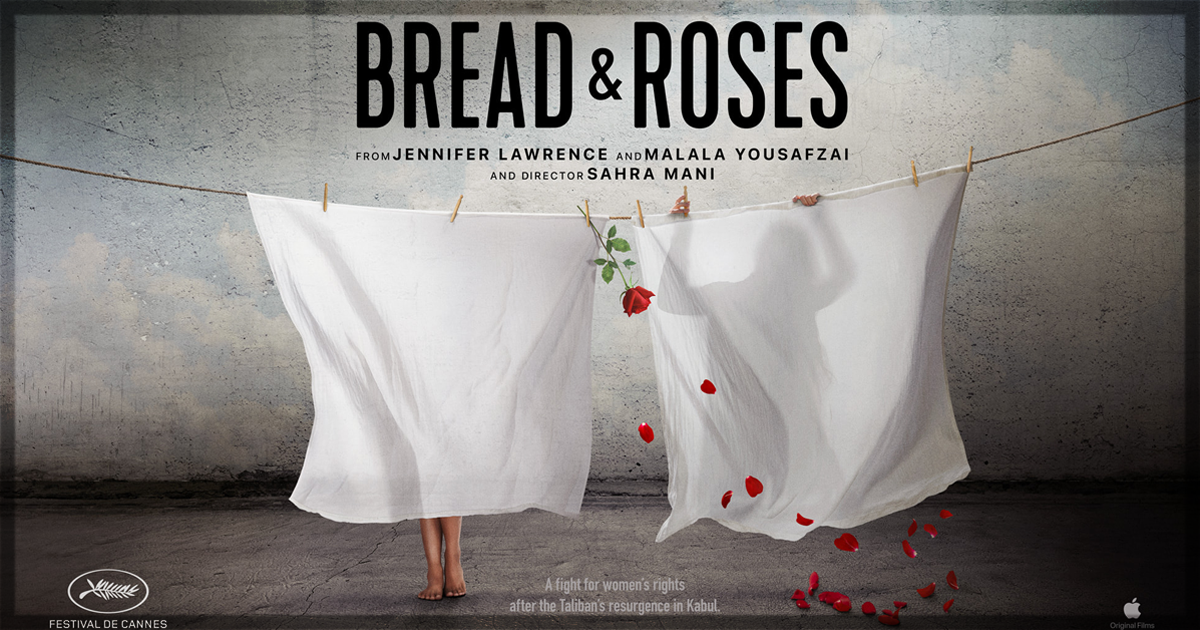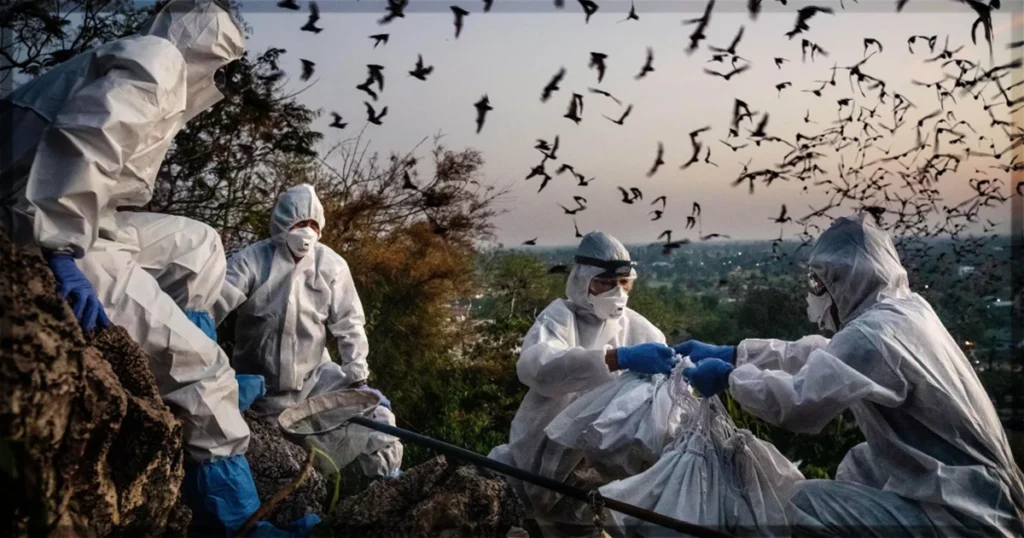In early 2021, the then-President of the United States of America, Joe Biden, announced that American troops would withdraw from Afghanistan. As part of their strategy in the war on terror after the 9/11 attacks in NYC, the U.S. troops would arrive in 2001 and stay until 2021. In the documentary Bread & Roses, Sahra Mani shows the result of Biden’s decision. The aftermath was massive chaos in Kabul, as dozens of people would try to flee alongside the American troops from the imminent violence coming. The Taliban planned an offensive that took over the country and re-established the power in the government. One of their first actions was to take off all of the women’s rights conquered during the American leadership. Their new leadership went after thousands of women. They would disrespect the group by confronting the Taliban’s views on the duties destined for women. Others had to flee to neighboring countries for the imminent risk of death, while many of them insisted on living their lives normally in the country.
Sahra Mani draws an urgent portrayal of different groups of women at risk with the Talib surge to govern the country in Bread & Roses. She focuses on three women: Sharifa, Zahra, and Taranom. Each of them has stories that face the authorities of the terrorist group. Sharifa is a government employee who loses her job and gets reduced to housemaid duty, which she does not accept well. Zahra is a certified dentist who employs plenty of women technicians and dentists, but has to take her name off the glass in the streets. However, she decides to keep treating her patients secretly and knows that she could be a victim of the regime. Lastly, Taranom is an activist who gets chased for her work in the field, and she flees to Pakistan, where she has to deal with missing her home and the indifference of foreign forces.
Sahra Mani portrays a raw documentation of the extermination of women’s rights. Recent films such as Hollywoodgate by Ibrahim Nash’at, In Her Hands by Tamana Ayazi and Marcel Mettelsiefen, and Retrograde by Matthew Heineman picture the different realities of the Taliban taking over. Unlike Heineman and Nash’at, which focus on a specific cut of the first months of the new leadership, Mani gets a bare look at how those women are affected. Furthermore, the cinematography features a visual that lacks a polished treatment. It adds a sense of reality that urges the audience’s attention. Yet, most of the film has a blurred visual that confuses where the attention should go and disperses your focus on the overall construction of the chaos in an optical sense.
In Bread & Roses, the director delivers a disorganized chronology to tell the story, and the lines get intertwined and confuse the audience. The blocks following each person are rigid and look like a presentation missing a general sense of cohesion. It is a dense documentary about a theme that provides multiple discussions. However, it misses a more profound feeling of connection between timelines that provokes miscomprehension of those situations. Furthermore, the film feels like a missed opportunity to dive deeper into those women’s stories. The creative choice of telling three different realities does not work due to the editing that obeys the directing choices of blending moments. Multiple geographical jumps disorient the viewer in accompanying those situations.
Besides the missed opportunity of diving into the stories of those women who are losing their rights, Bread & Roses presents an arc of a younger generation of girls demanding changes. It works in the few minutes that they protest for a better perspective of their lives, as they already understand that the future seems doomed. In those moments of confined drama, the film works the best. Mani is efficacious in those moments, constructing the drama and suffering of those subjects who miss home and live where they cannot be themselves fully. However, the rest of the film is misguided and lacks the consistency to make a grander statement about its theme.
As a deeper analysis of three stories, Sahra Mani misses the point with a confusing chronology and the lack of development of each story. Yet, Bread & Roses is a portrayal of the political situation of Afghanistan and the current political era they are living in. It is another livid representation of the current oppression in the country.
Bread & Roses is now streaming on Apple TV+.
Learn more about the documentary, including how to watch, at the official site for the title.


